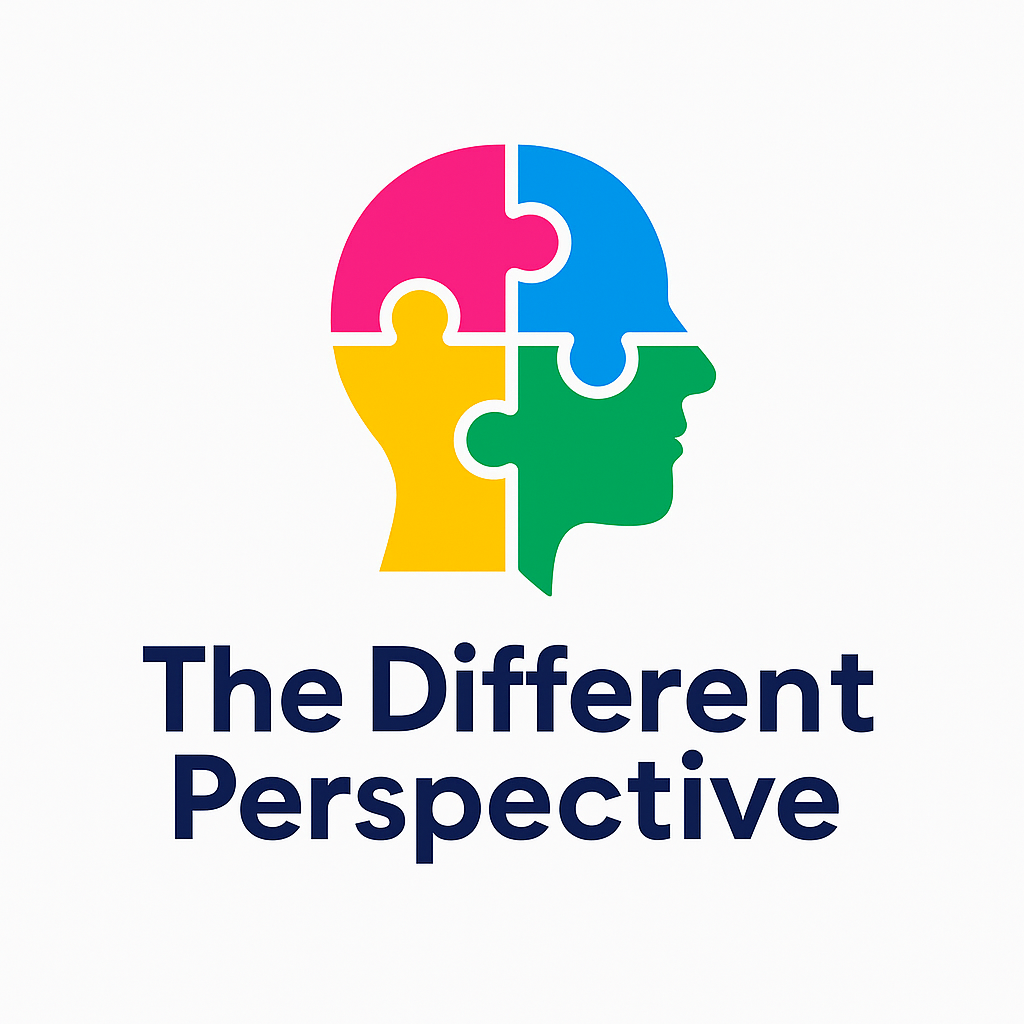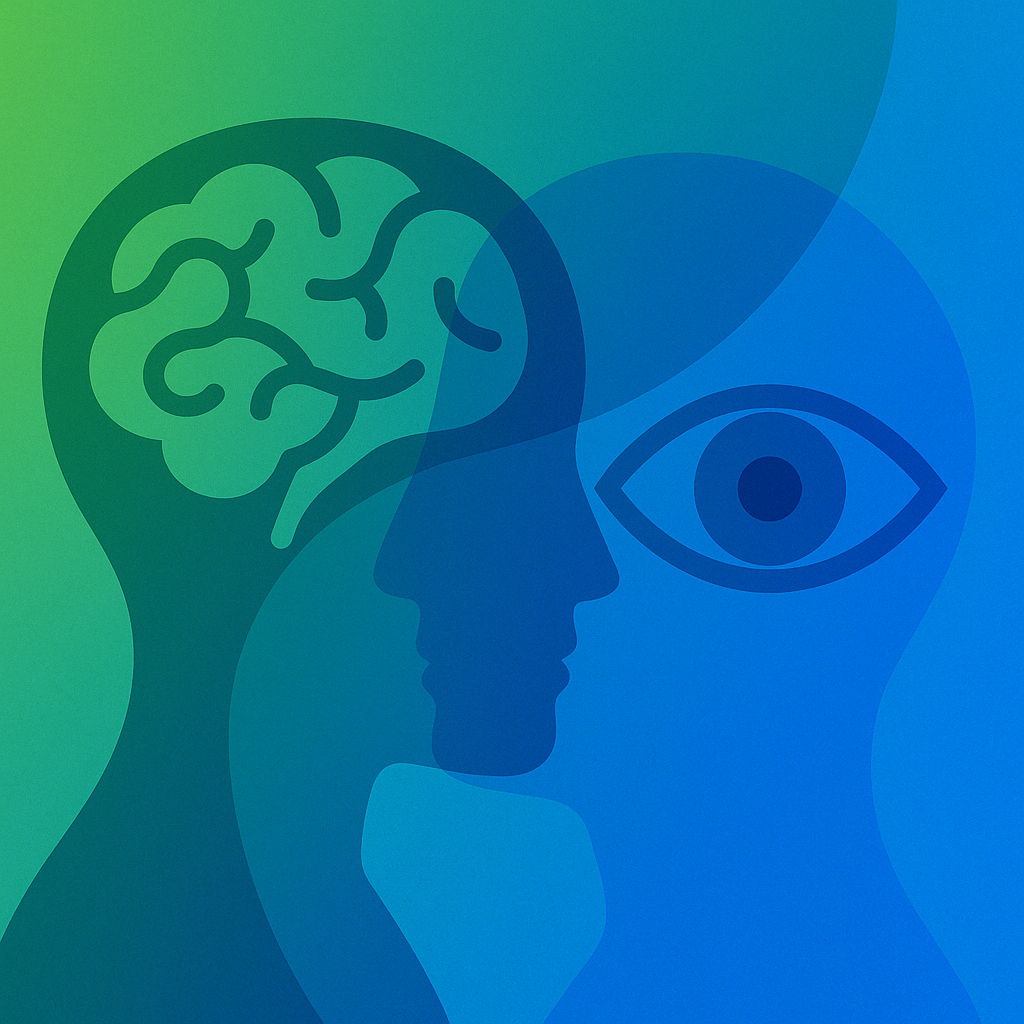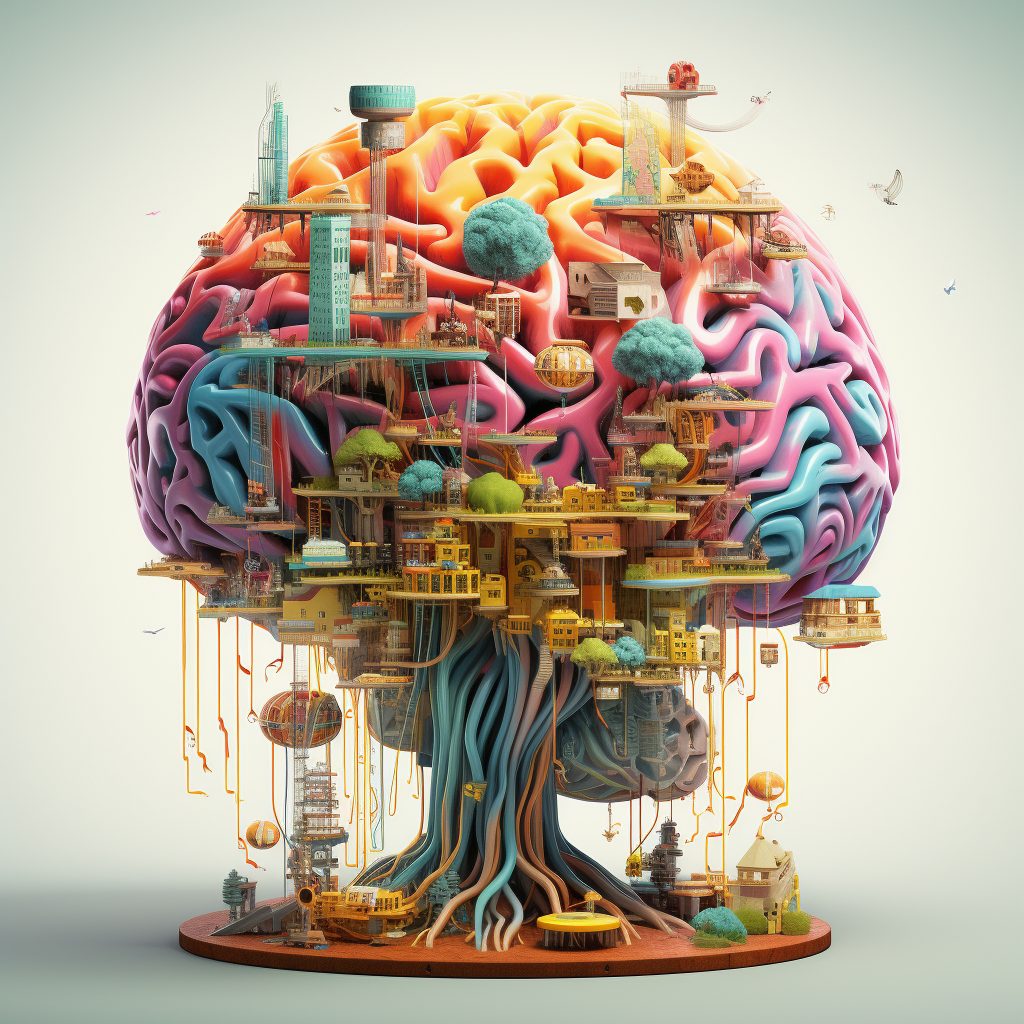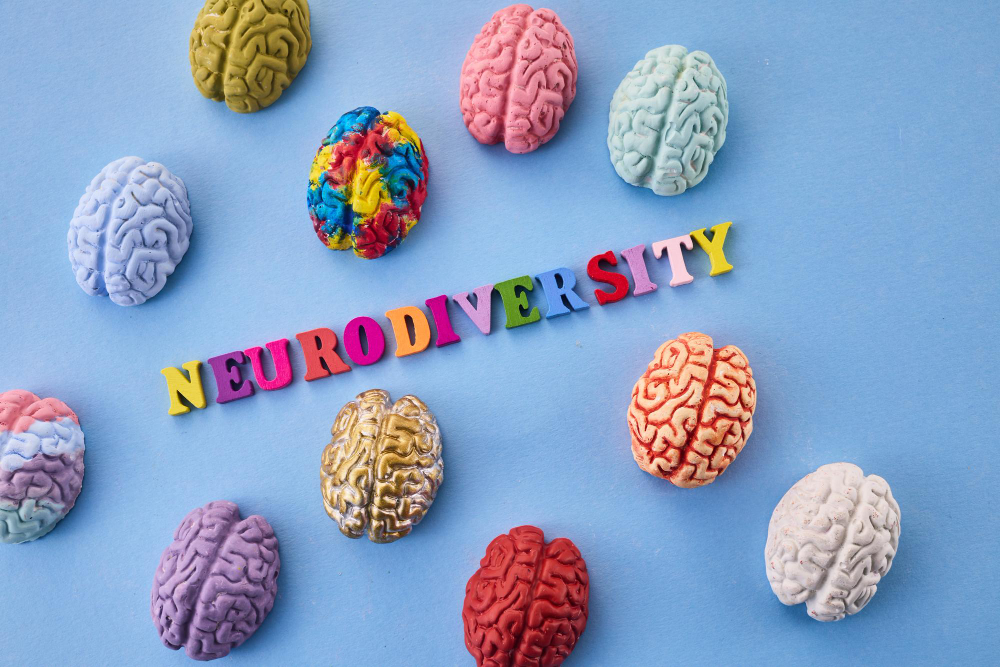
Bringing dyspraxia into the spotlight — raising awareness, breaking down knowledge barriers, and building understanding across our society.
Welcome To The Different Perspective
You’re not alone. People like us are everywhere — in classrooms, workplaces, and communities across the world. It’s time we connect, share our stories, and close the gap in understanding between employers, schools, and society.
This platform is for the ones who sit quietly in class, pretending to follow along while silently hoping not to be singled out. For those with powerful ideas and voices, but who hold back because of nerves, stutters, or fear of embarrassment.
This isn’t a sympathy plea — and it’s not about attention. It’s about shining a light on why we think, learn, and communicate differently.
It’s about giving the world a fresh perspective on life — a different perspective.
Follow, Share & Subscribe to Our Socials..

What Is Dyspraxia
Dyspraxia, also known as Developmental Coordination Disorder (DCD), is a neurological condition that affects movement, coordination, and the way the brain plans and processes physical actions. It can influence fine and gross motor skills, organisation, time management, and even social or emotional interactions. Dyspraxia affects each person differently — some may struggle with everyday tasks like handwriting, balance, or navigating busy environments, while others find challenges in planning, memory, or communication. Despite these difficulties, many people with dyspraxia are highly creative, empathetic, and great problem solvers. With understanding and support, individuals with dyspraxia can thrive in school, work, and life.

Whats it all about?
The Different Perspective is a growing knowledge base and supportive community dedicated to raising awareness of dyspraxia and its associated conditions.
Our mission is to provide understanding, practical insights, and emotional support to people affected by dyspraxia across the globe — as well as to educate those who want to learn more. Through our blog, we share relatable experiences, strengths, and challenges, along with advice for non-dyspraxic individuals in communities, workplaces, and industries.
TDP aims to bridge the global knowledge gap surrounding neurodiversity and mental health, fostering inclusivity, connection, and compassion.
Together, we’re creating a space where everyone can feel understood, supported, and empowered to see the world from a different perspective.

The Different Perspective is for anyone who wants to understand dyspraxia, share real experiences, and build a more inclusive world:
People with dyspraxia – to find relatable stories, practical advice, and a sense of community.
Families & friends – to better understand and support loved ones with dyspraxia.
Teachers & educators – to learn how to create more inclusive classrooms and support diverse learners.
Employers & colleagues – to discover ways to build more accessible, supportive workplaces.
Allies & curious minds – anyone who wants to see the world through a new lens and understand different ways of thinking, learning, and living.

Why I Haven’t Released TDP Until Now?
For a long time, I held back. I worried about being judged and didn’t feel confident enough to share this vision with the world.
Then I realised something important: I was judging myself more harshly than anyone else ever could.
If I felt this way, there must be others out there in the same boat — people waiting for a space like this, needing the support and understanding that TDP can bring.
That’s why I decided the time is now.

Some Of the ways that Dyspraxia affect people...
Dyspraxia affects people in a mix of physical, cognitive, and emotional ways.
Coordination and movement – difficulty with balance, fine motor skills, or hand–eye coordination.
Organisation and planning – challenges with time management, sequencing tasks, and staying organised.
Speech and language – sometimes slower speech development or finding the right words.
Memory – short-term memory difficulties, especially with instructions or multi-step tasks.
Learning and processing – taking longer to process information or learn new skills.
Emotional wellbeing – feelings of frustration, low confidence, or anxiety linked to daily challenges.
Associated Conditions of Dyspraxia
Many people with dyspraxia also experience conditions such as anxiety, depression, dyslexia, autism, or ADHD. These can affect everyday life in different ways, from emotions and focus to organisation and social connections.
ADHD
ADHD
Dyspraxia and ADHD often overlap, with both affecting focus, organisation, and daily routines. While dyspraxia mainly impacts coordination and planning movements, ADHD adds challenges around attention and impulsivity. Together, they can make tasks more demanding but also highlight unique creativity and problem-solving strengths.
Anxiety
Anxiety
Dyspraxia and autism can co-occur, with both affecting social interaction, communication, and sensory processing. While dyspraxia primarily impacts movement and coordination, autism brings differences in thinking and behaviour. Understanding how they interact helps create tailored support that values individual strengths.
Autism
Autism
Dyspraxia and autism can co-occur, with both affecting social interaction, communication, and sensory processing. While dyspraxia primarily impacts movement and coordination, autism brings differences in thinking and behaviour. Understanding how this can help shape how others interact and help to create tailored support that values individual strengths.
Depression
Depression
The frustrations of living with dyspraxia, such as struggling with tasks others find simple, can sometimes contribute to feelings of low mood or depression. Recognising these challenges and building supportive environments is key to improving mental wellbeing and resilience. By increasing awareness of how dyspraxia and depression can interact, we can create more compassionate spaces where people feel valued, supported, and empowered to thrive.
Dyslexia
Dyslexia
Dyslexia is one of the conditions commonly associated with dyspraxia. While dyspraxia mainly affects coordination and movement, dyslexia impacts reading, writing, and how language is processed. However, the two often overlap — many people experience both. Both conditions can involve challenges with memory, organisation, sequencing, and processing information, which can affect learning and daily life. Despite these difficulties, individuals with dyspraxia and dyslexia often share strengths such as creativity, problem-solving, and thinking in unique, visual ways. Understanding how these conditions connect helps create better support, awareness, and inclusion for neurodiverse individuals.

Join TheTDP Family
At The Different Perspective (TDP), we believe everyone should understand dyspraxia — whether you live with it, support someone who does, or simply want to learn more.
Join our community to receive stories, tips, and insights that make sense for all ages — from practical advice and everyday tools to inspiring perspectives on living and learning differently.
Subscribe today and be part of a movement that’s changing how the world understands dyspraxia.

Who Am I?
Hello World, My Name Is Tom and I was diagnosed with Dyspraxia at 4 Years old.
our goal with this project is to raise awareness and help others better understand what dyspraxia involves, how it affects individuals differently, and the challenges people face that are often invisible.
By sharing information, resources, and real experiences, The Different Perspective aims to build empathy, break down misconceptions, and celebrate the resilience and talents of people with dyspraxia.
Ultimately, this is about giving dyspraxia the recognition it deserves—so that people who live with it feel seen, supported, and valued in society.
Living with dyspraxia can be challenging, but you don’t have to face it alone.
Coming Soon to TDP
The full site is on the way — here’s what you can expect.
This isn’t just another awareness site. It’s a real, lived perspective — keeping it honest, practical, and human.
Real stories: My own life with dyspraxia — the struggles, the strengths, the honest truth.
Advice for everyone: Practical guidance for parents, teachers, partners, and employers.
Tech & AI insights: Exploring how technology helps us every day — and how AI can make life easier for dyspraxics.
- Members Area: A place where people with dyspraxia can share experiences and support each other .